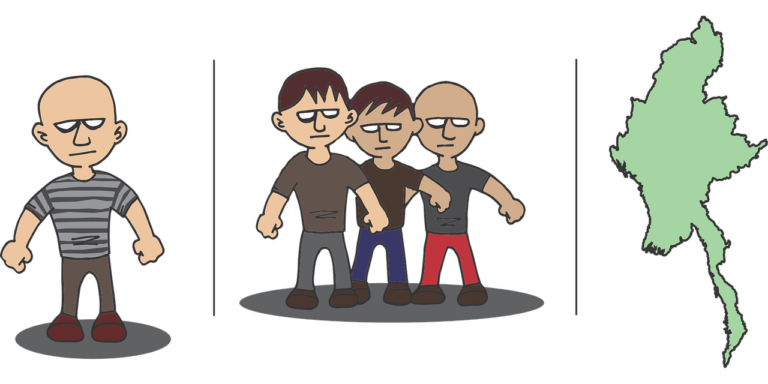
International Day for the Elimination of Violence against Women -25 November
While any violence must be abhorred, violence against women and girls is a gross violation of human rights. Yet one in three women worldwide experience physical or sexual violence mostly by an intimate partner.
During the COVID-19 period, since December last year, emerging data suggest that violence of all types against women and girls, particularly domestic violence, has intensified and largely gone unreported.
Also read: Lockdown sees rise in domestic violence; women bear the brunt!
As Simret Tesfaye, a nurse at the Association for Women’s Sanctuary and Development, a non-profit organisation in Addis Ababa, Ethiopia, which manages six shelters for survivors of gender-based violence, told UN Women: “Due to COVID-19, people were not going to the police immediately after the incident, in time to collect medical evidence and press charges against the perpetrator. People thought there such services were not available during the pandemic. As a result, many rape cases went unreported and many women have had to endure repeated violence. This has made our work harder.”
“This is the Shadow Pandemic growing amidst the COVID-19 crisis and we need a global collective effort to stop it,” the UN Women posted on its website, called for more action to address violence against women in COVID-19 response and recovery efforts.

Everyone has a role to play at a time when cases continue to strain health services, essential services, such as domestic violence shelters and helplines, have reached capacity.
United Nations Secretary‑General António Guterres, in his message on the International Day for the Elimination of Violence against Women, said that violence against women and girls was a global human rights challenge. “The COVID-19 pandemic has further exposed this issue as a global emergency requiring urgent action at all levels, in all spaces and by all people. The social and economic fallout from the pandemic is disproportionately pushing women and girls into poverty, and the risk of violence against them is rising.”
Guterres reiterated and relaunched his appeal that he had made in April this year, urging the international community to work to end the shadow pandemic of gender-based violence once and for all. The global community needs to hear the voices and experiences of women and girls and take into account their needs, especially survivors and those who face multiple and intersecting forms of discrimination. “We must also prioritise women’s leadership in finding solutions and engage men in the struggle,” he said.
Action must involve predictable and flexible funding for women’s rights organisations, who so often act as first responders during crises. It is critical that services for survivors of violence remain open, with adequate resources and measures in place to support health, social and justice responses. According to Guterres, these measures should not only focus on intervening once violence against women has occurred. They should work to prevent violence occurring in the first place, including through addressing social norms and power imbalances, and police and judicial systems need to increase accountability for perpetrators and end impunity.
“On this International Day, let us redouble our efforts to eradicate gender‑based violence forever,” Guterres concluded.
– gobalbihari bureau





